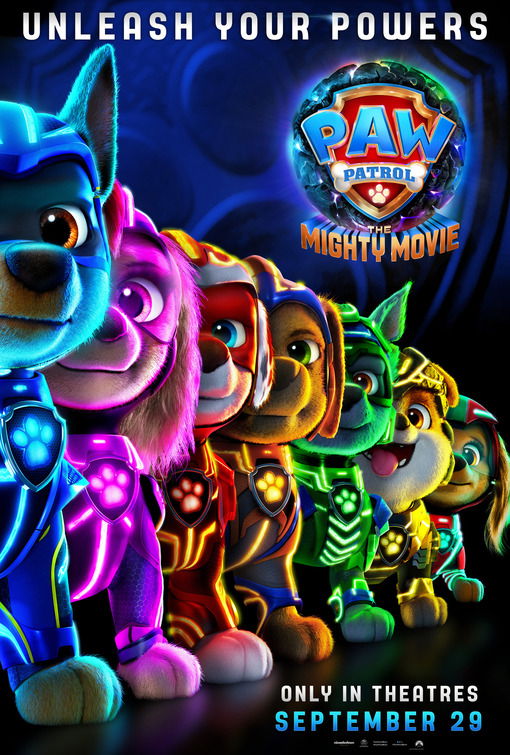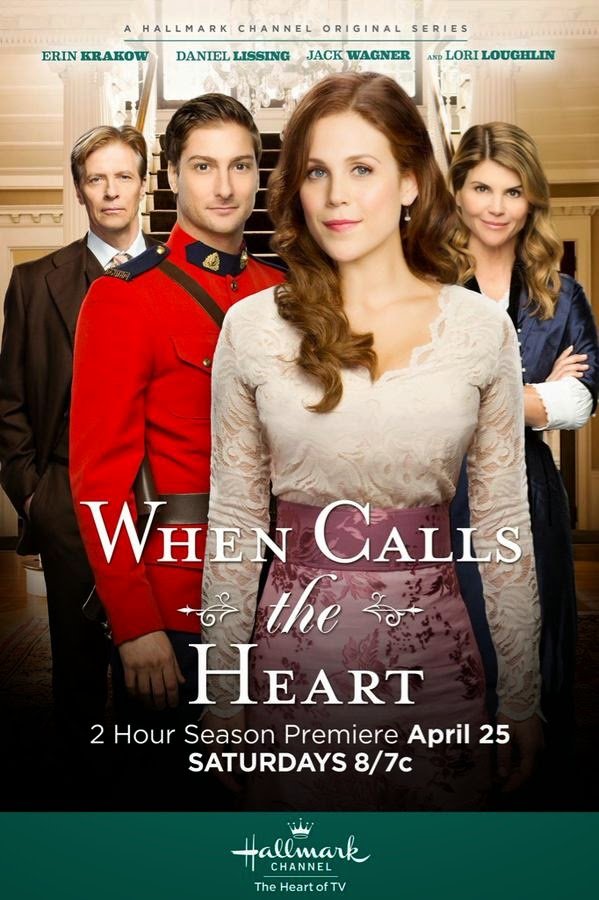By Peter Lundell, Contributing Writer
Hollywood is a sanctuary of righteousness. It really is.
Depending on your definition of righteousness.
After taking a great filmmaking class with Dr. Ted Baehr called HOW TO SUCCEED IN HOLLYWOOD (WITHOUT LOSING YOUR SOUL), I took a famous film class at a major secular university in Los Angeles. Besides skills in screenwriting, I also learned a bit about the culture surrounding the film industry. One thing is that you must never be cliche-ish. About anything. Except the “F” word. Then you can be cliche-ish all you like.
As a class exercise, each day we read aloud and critiqued scenes from one another’s screenplays. I saw a generous and steady supply of “F–” this and “F–” that. Grammatical variations on the word came in the forms of verbs, participles, infinitives, gerunds, concrete nouns, and even abstract nouns. I was impressed at how many ways a clichéd word could be used.
Along with that, we couldn’t leave out “D–” words, “S–” words, and combinations of vulgarity and abusing God’s name. But, no problem! We don’t mind. No one minds—at least, we don’t care who minds. That’s how we hopefully keep the linguistic shock value flowing. Or, so the thinking seems to go.
Most of my classmates seemed oblivious to the continual offense toward anyone with spiritual or moral values who might take issue with such “freedom of expression.”
Then the fun part came. One student had a scene in which the protagonist female African-American character auditioned for a lead role in a play. Competition was high, so in this particular scene the character asked a white male supporting character to do something that would shock the play’s director into a sense of injustice and sympathy, which the protagonist hoped would get her the coveted lead role. We wondered what the ploy would be.
The shock of discovery rolled across the classroom like an ocean wave. A lingering anxiety remained like a wave in a rising tide that doesn’t entirely go back out.
The supporting character would call the protagonist a—
I can’t say it…a racial epitaph.
Don’t get me wrong. A number of my close friends are African-American. My early childhood was spent in East Africa, where my best friends carried traditional weapons such as shields and spears. I am not kidding, and I have photos to prove it. If you do my African friends wrong, you do me wrong.
However, here were aspiring screenwriters who couldn’t have cared less if they insulted God or Christians or Jews (though other beliefs seemed to get a pass). They didn’t mind demeaning women or traditional values. And all manner of vulgarity, whether in speech, action, or imagery, was just fine.
But not the racial derogatory term that is frequently used by rappers!
The professor said to the guy reading the part, “Just try, and we’ll understand. See how it goes.”
Tension rose as we came near the unsacred line. The guy paused, started to say the word, and stopped. All breaths were held. He let out his breath and confessed, “I just can’t say the word.”
“That’s okay,” the professor said. “Just as well. Keep going.” And, calm returned to the classroom.
I sat amazed.
I will never willingly speak or act disparagingly toward people of any race, ethnicity, religion, or sex. So I too would not have wanted to say the epitaph. Yet, I would have been absolutely unwilling to abuse God’s name.
Then it became clear to me. Christians and other people of religious faith or high moral sensibilities are not the only ones with a sense of righteousness.
The difference is that our righteousness (however well or badly we practice it) is vertical. It is defined and formed largely by biblical teaching, a higher authority that comes down to us. Thus, we not only avoid speech that disparages other people, we also avoid speech, attitudes, and practices that are offensive to God and the moral lifestyle the Bible establishes.
What I call “Hollywood righteousness” is horizontal. It is non-religious and has nothing to do with a religious faith or morality. It has to do with the society it serves and the social aspects it chooses to care about.
Hollywood righteousness is defined primarily by Political Correctness. So it might equally be called “politically correct righteousness.”
In the collective conscience of Political Correctness, vulgarity and taking God’s name in vain are allowed. After all, we want to be free from godly religion. And, we want freedom to be as debased as our hormones lead us. But, Political Correctness dictates that the certain offensive words, like the one in the example above must never be said. Never mind that all this ignores the real issues of transformation of the human heart. By its very nature, Political Correctness cannot go beneath superficialities. It is inherently a veneer that demands things look and sound “correct.”
So here I am, a person who humbly, sometimes stumbling, pursues vertical righteousness. In this entertainment world of horizontal, politically correct righteousness, what do I do?
I smile. I love. I befriend. I stand my ground. And, I write very the best I can. I am a light in a sometimes-dark place.
Light always prevails.
And, God is not going away.
Editor’s note: Peter Lundell is a writer, pastor, and teacher who helps people live well in the face of eternity—visit him at www.PeterLundell.com
Questions or comments? Please write to us here.


 - Content:
- Content: 

